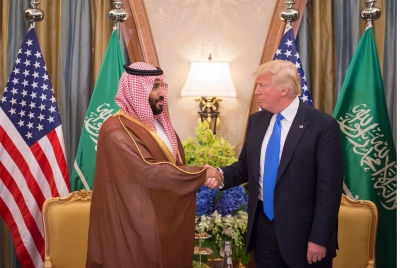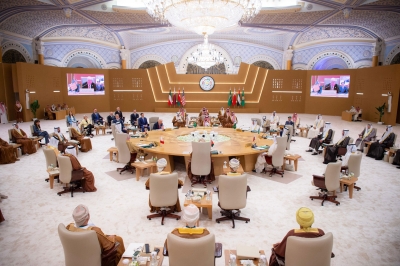
The Permanent Delegation of the Kingdom of Saudi Arabia to UNESCO is responsible for coordinating between the Kingdom and the member states of the United Nations Educational, Scientific, and Cultural Organization (UNESCO). The Kingdom has been a founding member of UNESCO since 1946. The permanent delegation's mandates include promoting the Kingdom's culture, history, and heritage through six tangible cultural heritage elements and nine intangible elements listed in UNESCO's World Heritage. Additionally, the delegation works on improving access to education, fostering intercultural dialogue through discussions and partnerships, enriching cultural experiences by developing tourist and historical sites, and building a bridge between the Kingdom and the world by highlighting Saudi talents and their ambitious projects in education, culture, and sustainable development.
The Saudi delegate to UNESCO
Princess Haifa Bint Abdulaziz Bin Mohammed Bin Ayyaf Al Muqrin holds the position of Permanent Delegate of the Kingdom to UNESCO. She was appointed on January 15, 2020. The Permanent Delegation aims to engage with all stakeholders at UNESCO to promote its mandate and expand its influence worldwide.
Entities associated with the permanent delegation of the Kingdom to UNESCO
The Saudi delegation participates in several UNESCO bodies and committees and is a key player in global decision-making. The Kingdom was elected as a member of the organization's Executive Board in 2019 for a four-year term. The Kingdom also gained membership in the Intergovernmental Oceanographic Commission (IOC) of UNESCO for the period 2021-2023. In 2021, the Kingdom was elected vice president of the World Heritage Committee for the Arab States Group, and in September 2020, it was elected to the Intergovernmental Committee for the Safeguarding of the Intangible Cultural Heritage for a four-year term. Additionally, the Kingdom serves as vice president of the dedicated team for the International Decade of Indigenous Languages (2022-2032), ensuring the rights of indigenous minorities to preserve their languages.
Related quizzes
Related articles

